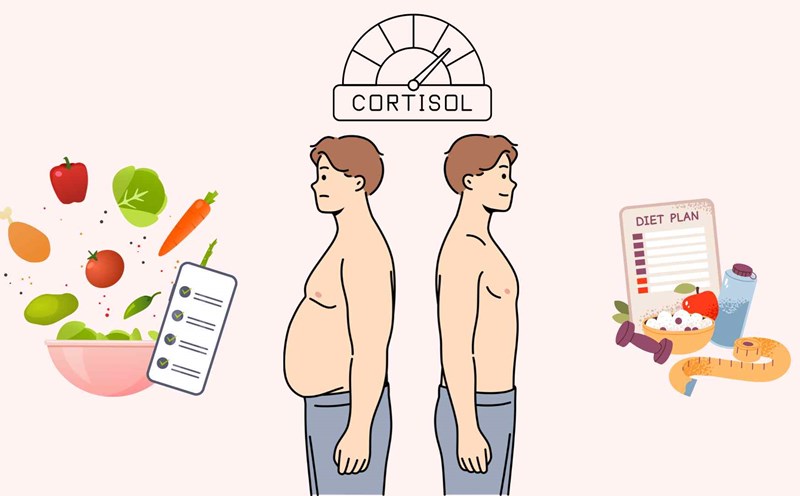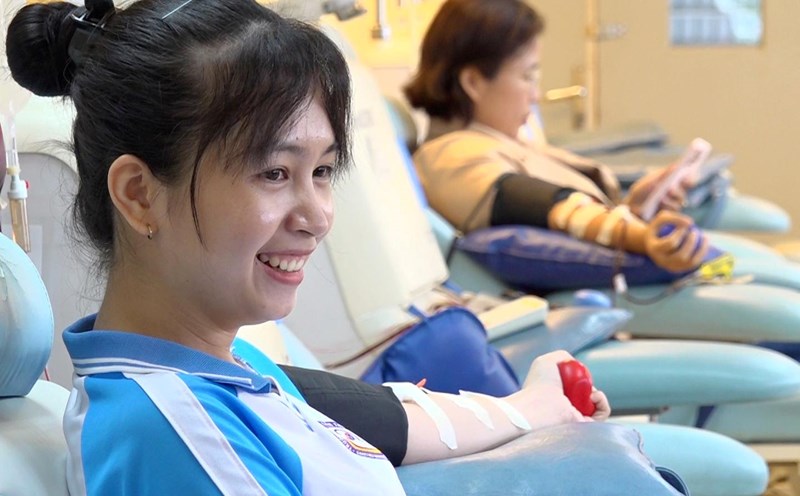After the age of 30, many women notice that their bodies are starting to accumulate fat in the lower abdomen and hips, even though they have maintained a moderate diet and regular exercise.
According to fitness trainer Sapna gomla (Delhi, India), the real reason can lie in daily habits, especially when hormones start to change.
Ms. Sapna said that when entering the premenopausal stage, fluctuations in hormones, especially estrogen and progesterone, will affect the ability to control insulin and blood sugar levels. This imbalance can easily lead to fat accumulation, bloating, fatigue, and mood swings.
Here are 6 common habits that are silently hindering the process of reducing belly fat and hips:
1. Skipping breakfast and eating late
Skipping breakfast can disrupt your circadian rhythm, especially if you eat dinner too late or too much. Eating within an hour of waking up and fasting at least two hours before bed is an effective strategy to reduce belly fat.
2. Snack all day
Even when as healthy as makhana seeds, regular snacking causes insulin to increase, leading to fat accumulation, especially in the abdomen, hips and thighs.
3. Protein deficiency in main meals
The coach recommends that each meal should have at least 30g of protein. Eating enough protein helps control insulin, increases satiety and supports fat burning more effectively.
4. Relying solely on beans or lentils to supplement protein
Although convenient, eating them individually can stimulate insulin, leading to water retention and fat accumulation. Combine with quality protein sources such as tofu, low-fat cheese, fish, chicken breast or shrimp.
5. Simple starchy breakfast
Dishes such as poha, idli, white blood spinach or cookies cause blood sugar to spike, causing cravings and a decrease in energy afterwards. A protein-rich breakfast is key to stabilizing energy throughout the day.
6. Just do cardio and ignore weight training
Cardio helps sweat but is not enough to increase muscle - an important factor in sustainable fat burning. Sapna encourages three more strength training sessions per week along with the habit of walking after meals.
In addition, she emphasized the role of sleep and recovery. Sleeping less than 7 - 8 hours a night increases cravings for sugar, stores more fat and reduces muscle recovery.
Instead of focusing on just exercising or strictly dieting, adjusting daily habits is a long-term strategy to regain your figure and health after your 30s.











